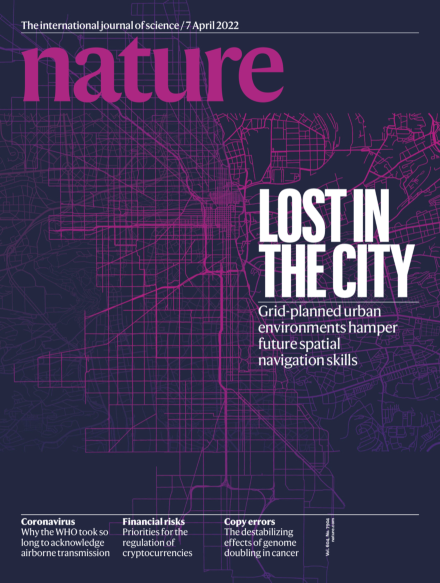Volume 604 Issue 7904, 7 April 2022
This Week
-
Editorial
-
-
World View
-
Research Highlights
News in Focus
-
News Round-Up
-
News
-
Features
Books & Arts
-
Book Review
Opinion
-
Comment
-
Correspondence
Work
-
Feature
-
Technology Feature
-
In pursuit of data immortality
Collection:
-
-
Where I Work
Research
-
News & Views
-
Articles
-
Matters Arising

